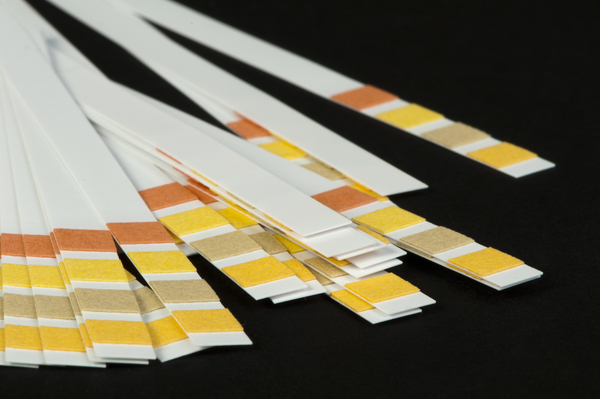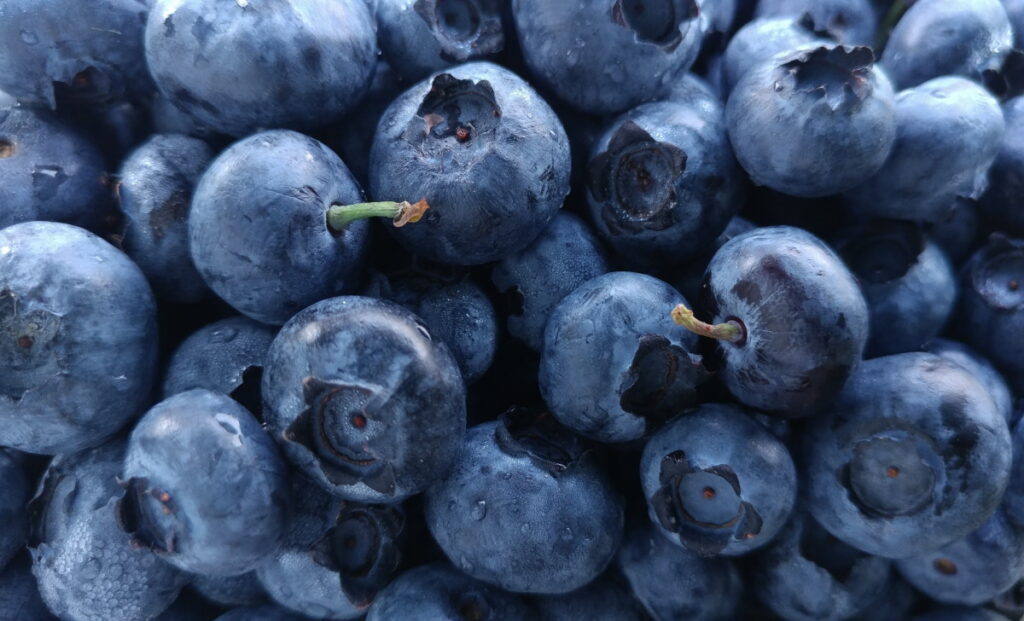Blueberries make a great snack. Even kids love them (just don’t tell them that they’re healthy). Sometimes, we don’t quite get to them in time. You go to pull the container out for that yummy snack, and they’re starting to rot or have fungus on them. What now? Can you compost blueberries?
You sure can. Like many fruits and vegetables, you can compost blueberries easily. However, you want to be careful about adding too many blueberries simultaneously.

Don’t Add Too Many Blueberries All at Once
Blueberries can make your compost acidic, like pine needles, oranges, and other citrus fruit. While compost is normally slightly acidic, if it gets too acidic, this can hurt the microbes doing the composting, eventually causing anaerobic breakdown – which will cause your compost to stink and not break down correctly.
If the compost stays acidic and is then added to your soil, it can harm your plants.

How to Compost Blueberries
You can throw blueberries into the compost the way that they are. The tougher outer skin, though, can slow down the composting process. So, like most materials that we throw into our compost pile, you might want to cut them up, toss them into a food processor or otherwise break them up. Smaller material has more surface area for the microbes that do the composting to work on.
Add more brown material to help with the acidity along with the blueberries. If you add a lot of blueberries, you might want to consider testing your compost with a soil testing kit.
A neutral solution, like water, has a pH of 7. That’s about where you want your compost to be when it’s finished, typically in a range of 6-8. While it’s undergoing decomposition, you may see it down to 5.5. Below that, you need to be concerned and need to consider raising it.
To raise the pH of your compost, this should usually be sufficient:
- Add more browns to your compost.
- Turn your compost
If these don’t work, after a few days, you can consider adding wood ash or egg shells to help raise the pH.
Do not add lime to raise the pH in your compost pile. That is sometimes used for soil; you may also see it mentioned for compost. It will cause your compost to stink and could harm the microbes.
Adding Blueberries to Your Worm Bin
If you are using vermicomposting, or worms, for your composting, then the same rules apply. Generally, worms are pretty tolerant of a slightly acidic compost pile. If it gets too acidic, it can hurt them. You may have acidic compost if you see reduced worm activity after adding blueberries.
Consider testing it to make sure that you are solving the same problem. If it’s acidic, follow the same recommendations.
Otherwise, worms can usually decompose blueberries in moderation.
You Can Add Blueberries to Compost
But be careful. Don’t add too many, and add some brown material with them. Following these simple recommendations should allow you to compost your old blueberries but keep your compost pile healthy.
